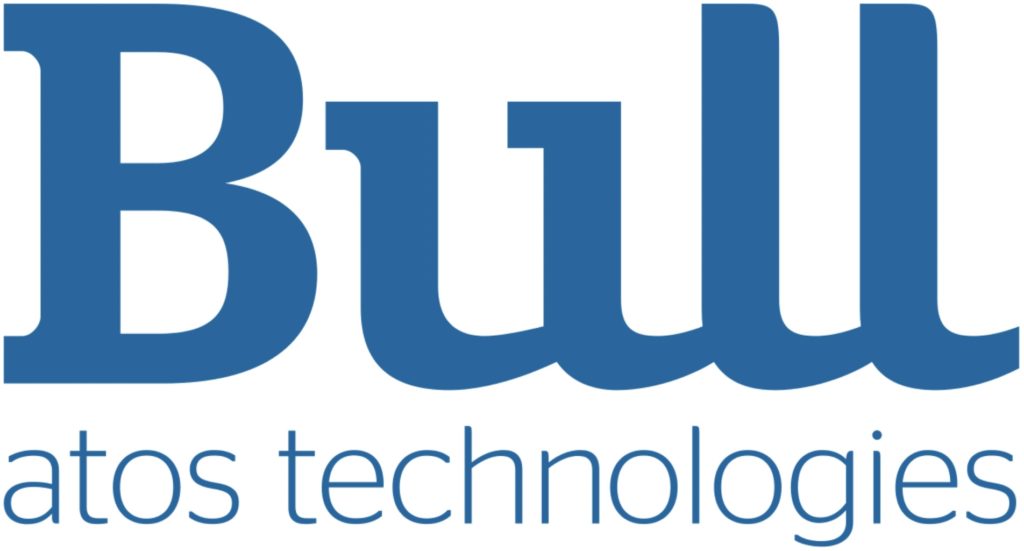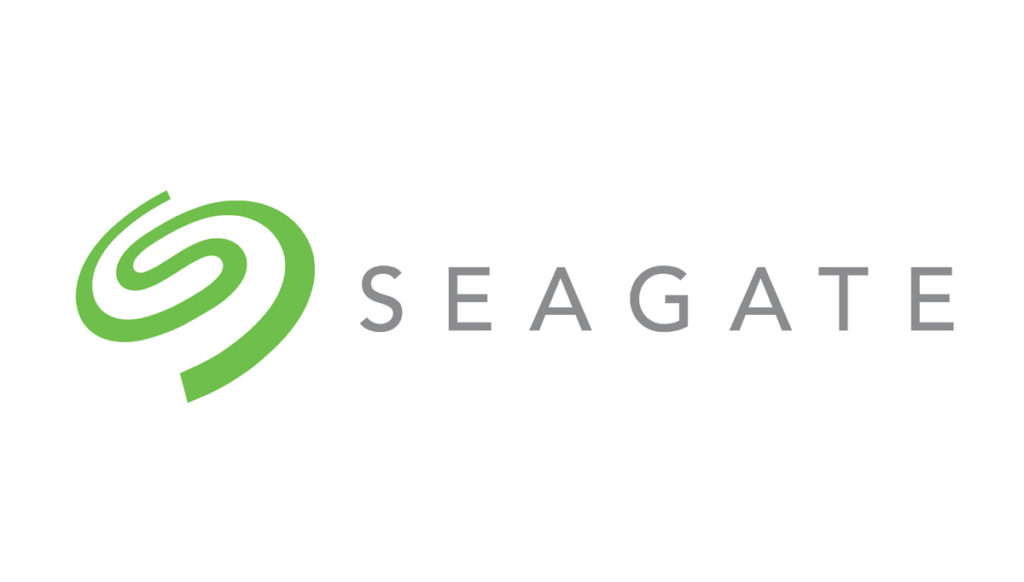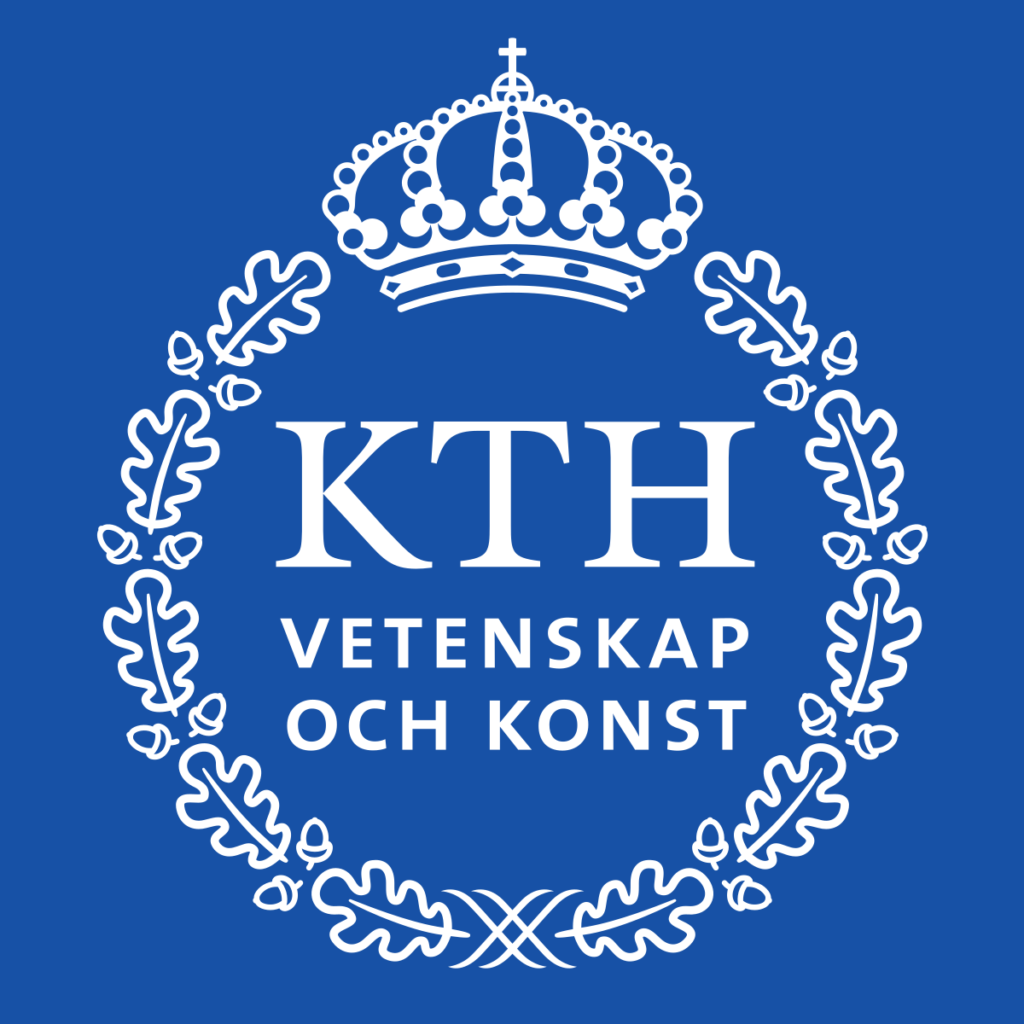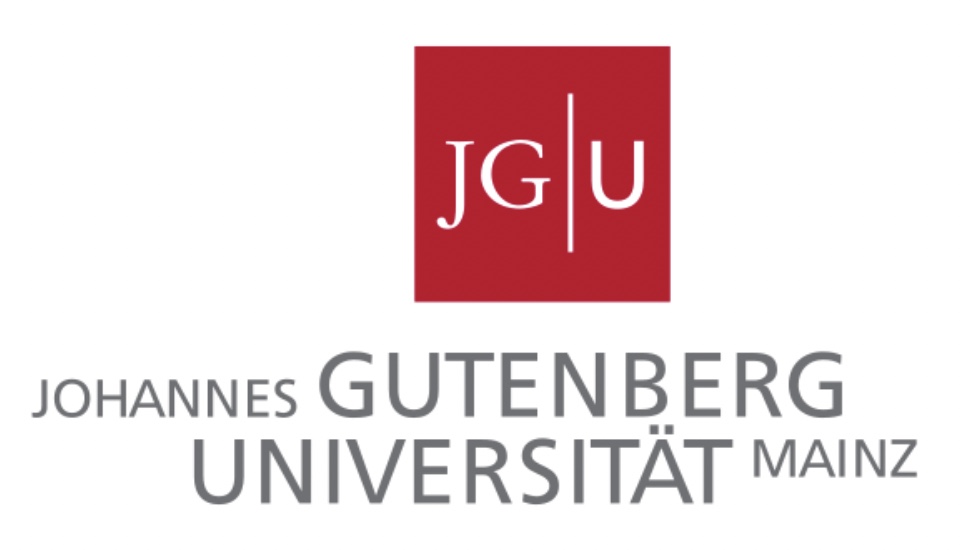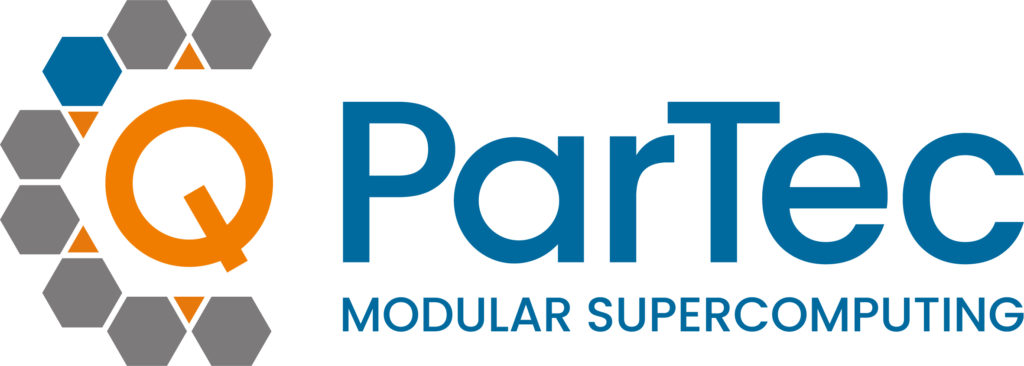Partner Organisations
Partner Organisations
IO-SEA is consisted of 10 partner organisations within Europe.
The French Alternative Energies and Atomic Energy Commission (CEA) is a key player in research, development and innovation in four main areas: low carbon energies (nuclear and renewable energies), technological research for industry, fundamental research in the physical sciences and life sciences, defense and security.
CEA coordinates the IO-SEA project, it will perform tasks within
- WP1, by providing the RAMSES Code as a use case
- WP2 by working on Ephemeral Services and how they be scheduled
- WP4 by leading this work package and strengthening the Phobos object store in order to make it capable of acting as the tape-based level of the IO-SEA
- WP5 by providing a POSIX interface to IO-SEA
- WP7 by leading this work package, ensuring the Project Management and the Technical
Bull has been created in, 1931 and is a company of the ATOS group. The purpose of Atos is to help design the future of the information technology space. Its expertise and services support the development of knowledge, education as well as multicultural and pluralistic approaches to research that contribute to scientific and technological excellence.
Bull will lead 2 technical work packages (WP2: Ephemeral Data Access Environment and WP3:
Instrumentation & Monitoring) and will contribute to most of the others:
- WP1 to extract from use cases the requirements for the Ephemeral Data Access Environment and contribute to application instrumentation
- WP5 to contribute to the definition of the DASI and its interface with Data Accessors
- WP6 with publications and participation to conferences
• WP7 with participation to the Project Management Office
The Forschungszentrum Jülich (FZJ) – a member of the Helmholtz Association – is one of the largest research centres in Europe. It pursues cutting-edge interdisciplinary research addressing the challenges facing society in the fields of health, energy and the environment, and information technologies.
Within the Forschungszentrum, the Jülich Supercomputing Centre (JSC) is one of the three national supercomputing centres in Germany as part of the Gauss Centre for Supercomputing (GCS). Presently, JSC operates some of the highest performance computing systems in Europe.
The European Centre for Medium-Range Weather Forecasts (ECMWF) is an international organization supported by 34 States: 22 Members, and 12 Co-operating Members.
ECMWF is both a research institute and a 24/7 operational centre, producing and disseminating medium- and extended-range weather forecasts to its member states, worldwide commercial customers and international organisations (including the UN/WFP and IAEA). ECMWF’s objectives include the development of scientific and technical research directed to the improvement of these forecasts, and the collection and storage of appropriate meteorological data.
Seagate is the world’s leading provider of Data Storage devices, equipment and services. The organisation is a worldwide multi-national registered in Ireland (Seagate Technology plc) with more than 50,000 employees
Seagate Technology develops and produces data storage devices including disk drives, solid state drives and solid state storage for integration within servers.
The Irish Centre for High-End Computing (ICHEC) is the national HPC centre in Ireland. It was established in late 2005 under the aegis of the National University of Ireland, Galway (NUIG).
ICHEC hosts and operates Kay, Ireland’s national supercomputer, and is actively involved in scientific research to bridge the gap between increasingly powerful High-Performance Computing (HPC) facilities and researchers from different communities
IT4Innovations National Supercomputing Center at VSB-TUO (http://www.it4i.eu) is a strategic research infrastructure in the Czech Republic. In the framework of IT4Innovations, the most powerful supercomputing facilities in the Czech Republic are built, and excellent research in High Performance Computing (HPC), High Performance Data Analysis (HDPA), and Artificial Intelligence (AI) technologies is performed.
KTH Royal Institute of Technology, established in 1827, is one of Europe’s top schools for science and engineering, graduating one-third of Sweden’s undergraduate and graduate engineers in the full range of engineering disciplines. is about 17,500 students, of which about 1,400 are pursuing PhD studies.
In IO-SEA, KTH is represented by Computational Science and Technology (CST) department, part of the Computer Science and Communication (CSC) School, and research branch of the KTH Center for High- Performance Computing (PDC).
Masaryk University (MU) is a public, non-profit educational and research organization, founded in 1919 as the second Czech university in Brno, the South Moravian Region. At present it comprises nine faculties and 2 university institutes with over 200 departments, institutes and clinics, more than 37 000 students and 4500 staff, making it the second largest university in the Czech Republic.
The Central European Institute of Technology (CEITEC) at Masaryk University was established in 2009 as an independent institute focused solely on research. Since 2011, it operates as part of the CEITEC consortium consisting of four leading Brno universities and two research institutes who joined forces in order to establish a supraregional centre of scientific excellence combining life sciences, advanced materials and nanotechnologies.
Johannes Gutenberg University Mainz (JGU) is one of the largest and most diverse universities in Germany. JGU unites almost all academic disciplines under one roof with its University Medical Centre, the Mainz Academy of Fine Arts, the Mainz School of Music, and the Faculty of Translation Studies, Linguistics and Cultural Studies in Germersheim.
JGU will participate in this project through the Zentrum für Datenverarbeitung (ZDV), the university’s data and HPC centre.
ParTec, one of the leading SMEs in the HPC domain in Europe and the specialist for modular supercomputing, develops and supports a comprehensive suite of HPC systems’ management tools and a runtime environment specifically tuned for the largest distributed-memory supercomputers in existence today and beyond.
ParTec’s unrivaled expertise in developing HPC software includes the self-developed ParaStation MPI and tools like TicketSuite and HealthChecker. In conjunction with professional services, consultancy and support, ParTec was elected as the partner of choice in some of the leading HPC sites across Europe.


